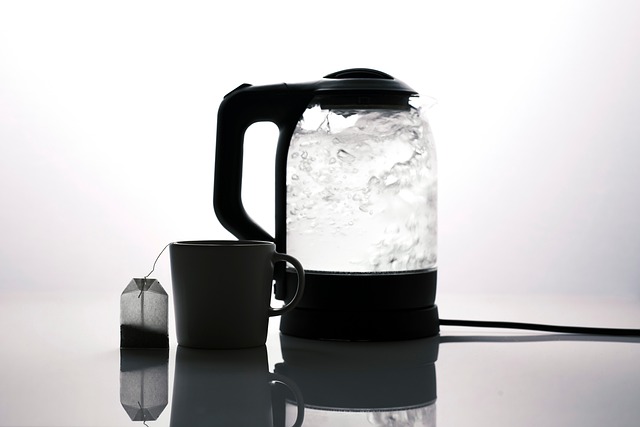in O/ > (1」 her →, &? 2 (F>
Water heaters are essential in our daily lives, but their lifespan varies greatly. Understanding how long they last and the factors influencing durability is crucial for homeowners. This article delves into the mysteries of water heater longevity, guiding you through common signs indicating a need for replacement, while offering expert tips to maximize its lifespan. Discover the key indicators and best practices to ensure your hot water supply remains reliable, saving you from unexpected disruptions. Remember, recognizing the signs early can prevent major issues and help you make informed decisions about your water heater needs, including when it’s time to consider a new one.
- Understanding Water Heater Lifespan: Factors Affecting Durability
- Common Signs Indicating a Need for Water Heater Replacement
- Maximizing Water Heater Lifespan: Maintenance Tips and Best Practices
Understanding Water Heater Lifespan: Factors Affecting Durability

(W/1, v/ w/ > 3/5
Common Signs Indicating a Need for Water Heater Replacement

Many homeowners take their water heaters for granted until they stop working, often unexpectedly. Recognizing the signs that indicate your water heater needs replacement is crucial to avoid being left without hot water during cold months. Some common indicators include declining water temperature and pressure, frequent repair calls, strange noises coming from the tank, and age of the unit (usually 10-15 years).
Another telltale sign is rising energy bills, suggesting your heater is not operating efficiently anymore. If you notice that hot water runs out quickly or that the heater takes forever to reheat, it could be a sign that its heating element or dip tube is failing. Additionally, corrosion inside the tank and leaks are serious issues that require immediate attention. When multiple problems arise simultaneously, it’s often best to consider replacing your water heater rather than continuing with costly repairs.
Maximizing Water Heater Lifespan: Maintenance Tips and Best Practices

To maximize the lifespan of your water heater, regular maintenance is key. Start by ensuring proper insulation around the tank to prevent heat loss and reduce energy bills. Check for any leaks or corrosion in connections and fix them promptly; even small issues can lead to significant damage over time. Regularly flush the tank to remove sediment buildup, which can reduce efficiency and shorten the heater’s lifespan. Additionally, monitor your water temperature settings; keeping them at the right level not only conserves energy but also prevents scalding or cold showers.
Other best practices include using a water softener if you have hard water, as it reduces the risk of mineral buildup inside the tank. Keep the area around the heater clear and well-ventilated to ensure optimal performance and safety. If you notice signs like inconsistent hot water supply, strange noises coming from the heater, or an increasing number of cold showers, these could be indicators that your water heater needs replacing. Regular maintenance and awareness of these signs can help extend the life of your water heater and avoid costly emergencies.
Knowing the typical lifespan of a water heater and recognizing the signs you need a new one can help homeowners avoid unexpected breakdowns. While factors like insulation, energy efficiency, and usage impact durability, proper maintenance can significantly extend their life. By staying vigilant about potential issues and implementing best practices, such as regular flushing and anodes replacement, you can maximize the performance of your water heater for years to come, ensuring a steady supply of hot water without hassle.
